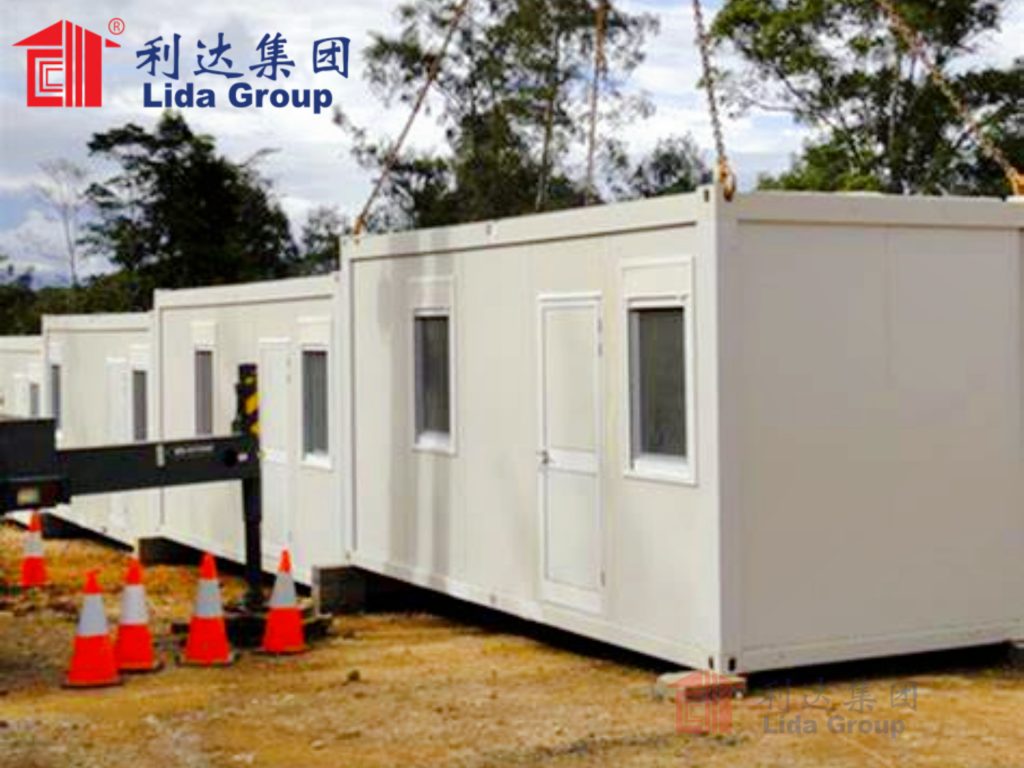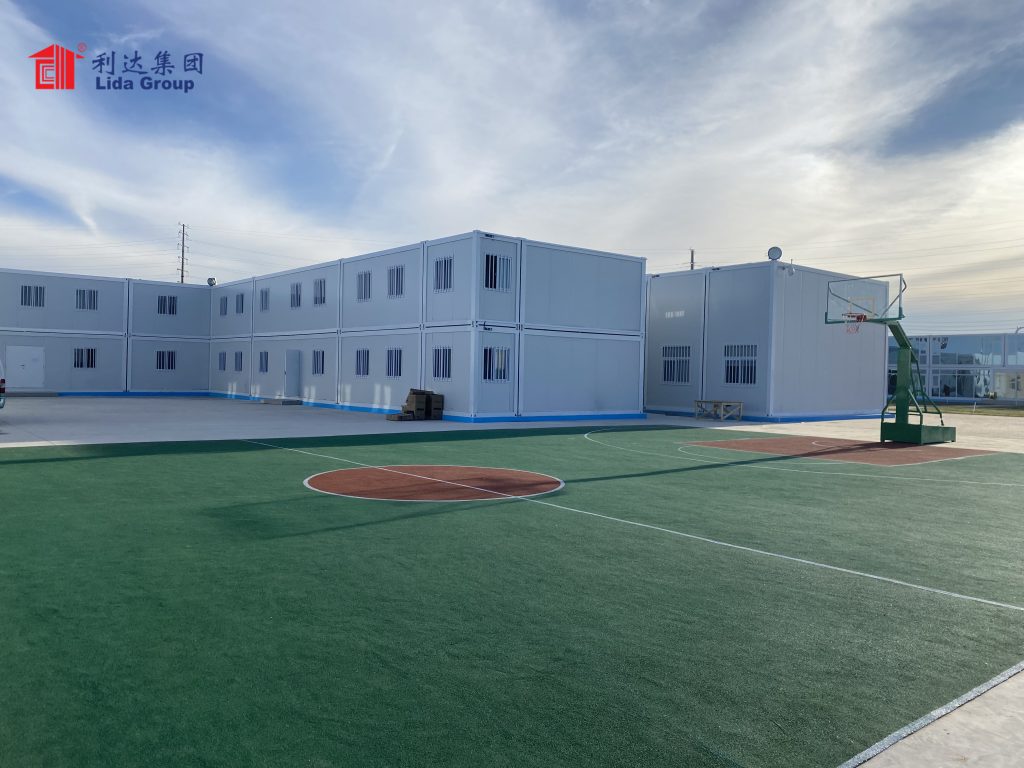A new study spotlights the potential for advanced modular housing systems like those developed by Lida Group to revolutionize workforce accommodation in rapidly urbanizing nations experiencing major development driven by transient construction labor pools. As the sector faces recruitment and retention challenges, innovative new housing models catering to non-sedentary lifestyles may stimulate domestic workforce participation.
Across Asia and globally, largescale urban and infrastructure projects are generating unprecedented domestic construction demand. However, lack of adequate transient housing deter many locals from joining the sector due to social stigma around temporary living away from families. Instead, developers continue relying on expensive foreign labor despite policy goals to upskill homegrown workforces.
To address these barriers, the report examines how modular, flat-packed container homes Lida Group produces may transform the market. Their prefabricated “Plug and Work” apartments comprise refurbished shipping containers outfitted as fully-furnished compact studios. Mass-produced under factory conditions for consistent quality, units deliver fully-serviced with ability to stack multiple floors.

Rather than needing developments built around housing, workers simply occupy plug-and-play complexes at or near fast-tracked project sites for contracted durations. Accommodation follows shifts via purpose-built “neighborhoods” providing amenities like WiFi, cooking/laundry and community spaces supporting work-life balance. Units later redeploy to subsequent sites according to labor demands.
Analysts conclude such scalable, mobile solutions optimally serve construction’s transient labor forces while elevating livability versus typical dormitories or worker camps. “Plug and Work reflects industry’s evolving needs for efficient, dignified short-term housing promoting workforce participation and retention,” remarks lead author Tan.
Independent research finds Lida’s modular designs reduce costs 15-30% versus traditional construction, with savings recirculating to productivity and wages. Streamlined prefabrication delivers units months quicker to house needed manpower at project starts. No land acquisition or infrastructure also cuts timelines. Report endorses such modular buildings modernizing the workforce accommodation sector.

Dozens of consultation roundtables nationwide gleaned additional stakeholder support. Government representatives view cost-effective modular complexes as national service infrastructure bolstering domestic employment and training through the “Build Local” initiative. Private developers note units minimize disruptions versus conventional housing developments. Labor unions appreciate improved living standards for members.
The study recommends governments support scale-up through incentive schemes de-risking initial modular village investments by developers. Subsidies could offset capital costs democratizing housing access boosting local participation in vibrant construction sectors. Long-term benefits include millions retained in the national economy circulation through “Build Local” versus foreign worker alternatives.
As urbanizations transforms societies at breakneck pace, strategically mobilizing homegrown workforces represents a “triple-win” of economic development, social cohesion and national capacity building according to analysts. Globally proven yet rapidly deployable modular housing spearheads this vision through dignified recruitment and retention of transient labor pools—a hard won yet transformational outcome for construction sectors and communities worldwide.

Related news
-
Local government commissions Lida Group to construct permanent offsite prefabricated container home village with support services for retired industrial laborers formerly housed in crowded aging barracks.
2024-05-14 09:18:01
-
Lida Group develops customized design of mobile prefab container apartments integrated with communal facilities to upgrade substandard living condition at decommissioned military labor dormitories.
2024-05-13 17:29:20
-
NGO works with Lida Group to deploy temporary self-contained prefab container apartments fitted with livelihood amenities to remote regions lacking accommodation for seasonal agricultural workers.
2024-05-14 10:17:00
contact us
- Tel: +86-532-88966982
- Whatsapp: +86-13793209022
- E-mail: sales@lidajituan.com


